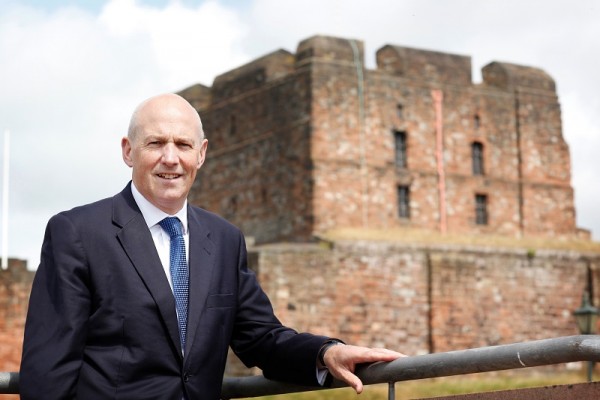MP for Carlisle, John Stevenson has been re-elected as chairman of the All-Party Parliamentary Group for Family Business, which was set up in 2011 to promote an understanding between the UK family business sector, MPs and members of the House of Lords.
In his latest update he says:
“I have always said that family businesses, by their very nature, are designed to weather the storm. I didn’t know just how much this would be tested.
On the 23rd March 2020, Boris Johnson announced the first national lockdown in response to the Covid-19 pandemic. None of us knew how long these restrictions would have to last, but I think if we were being honest none of us would have predicted that now, in the summer of 2021, we would still be in a partial state of lockdown.
The past 15 months have seen a tragic toll on those who have suffered from the illness, as well as pressure on our health services and restrictions to our way of living.
But the nature of lockdown also means there is an economic effect, and I know a number of businesses have suffered badly as a result of measures put in place to control the spread of this terrible virus.
However, despite the slight delay to full unlocking, with our vaccine rollout continuing to be a success, I do think this is the beginning of the end. And it is family businesses that can begin to reap the benefits of what I hope will be a mini economic boom across my constituency in Cumbria and across the country as a whole.
And it would seem that family businesses agree with me. A recent study by PwC showed that family businesses in the UK are quite optimistic about the future. The majority of family businesses in the UK expect to grow revenues in the coming two years, with more than eight-in-ten saying they expect to expand in 2022.
Family businesses are by nature long-termists. They are about legacy, inheritance, and continuation. This leads to decisions that prioritise stability and economic sustainability over short-term gain. This means less over-reach and greater stability.
And I think you can see this, exemplified by some of the family businesses located in my area of Cumbria such as Bell’s of Lazonby. Established right after the Second World War, the business has gone through six recessions, joining the Common Market, leaving the Common Market, evolving tastes, regulations, competitors, and globalisation. All just in the last 75 years.
And N Arnison & Sons in Penrith, a seventh-generation family business, was founded in the same year Handel’s Massiah is first performed – 73 years before the Battle of Waterloo.
That’s not to say family businesses haven’t suffered over the last year and a bit – of course they have. I hope businesses have been able to take advantage of the Government’s Covid support schemes – like furlough and business interruption loans.
But I think many of us have shifted our priorities as a result of this pandemic. We’ve learned just how important family, friends, and communities are to us – as fundamental parts of who we are and why we do what we do. Family businesses, like no other enterprise, are intertwined with these priorities.
And so, despite everything, I still say that it is family businesses who will best weather the storm.







 Login
Login
